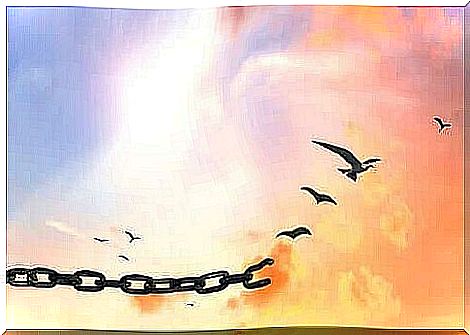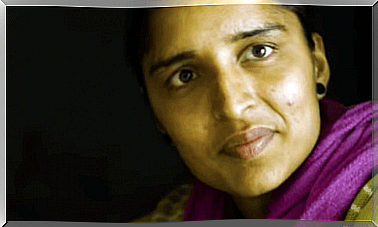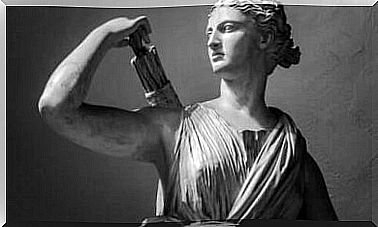Everything You Need To Know About Free Speech

About freedom of expression: For democracy, dialogue and development to thrive, society needs a critical element: freedom of expression. This is because it is a universal right that everyone should enjoy. Thus, all people must have the right to express their opinions and express themselves freely.
According to the United Nations (UN), freedom of expression is a human right, as enshrined in Article 19 of the Universal Declaration of Human Rights. The article says the following:
The aim of this article is to analyze and argue that freedom of expression is the basis of any democratic society. It is clearly recognized in the Universal Declaration of Human Rights. In addition, it is part of the International Covenant on Civil and Political Rights and described in the Human Rights Committee.

What is freedom of speech?
Freedom of expression means that all people have the right to express themselves without being harassed. That everyone must be able to access information and transfer it without obstacles.
Thus, this right is also about the freedom of the press defined as “transfer of information through the media without the state exercising control before issuance”.
Therefore, freedom of expression protects:
- First, all political, religious, scientific, moral, and historical opinions.
- Any form of expression, be it oral or written words or pictures, sign language and artistic expressions.
- All forms of information dissemination, such as newspapers, posters, clothing, legal claims, etc.
- Any opinion or idea of interest to people regarding their own and public affairs, human rights, journalism, cultural and artistic expressions and religious and political thoughts.
About freedom of expression: What are the necessary conditions?
For there to be real and effective freedom of speech, people must be able to:
- Express and comment on all issues, no matter what.
- Search, receive and disseminate information. This is because without information you can not exercise the right to express yourself freely.
- Access information from the state because it is essential for the demand for effective policy, the defense of human rights and the fight against corruption.
- Have access to different and independent media, as monopoly or oligopoly on information conspires against equal opportunities, diversity and majority.
- Avoid any direct or indirect pressure to have effective protection for journalists.
- Gain access to academic freedom so that students, teachers and researchers can apply freely, transfer and develop knowledge. Thus, they can defend a free-thinking model that prevents indoctrination.
Let us also emphasize that freedom of speech also protects the right to conscientious objection when someone speaks. For example, in relation to any “official” legislative ideology or with different obligations, such as serving in the military.
On freedom of expression: The concept of censorship
Anti-democratic regimes often threaten freedom of expression through various censorship tools, defined as the use of force to control freedom of expression. Thus, censorship can be explicit (by law) or less obvious (for example, social taboos).
Thus, one of the most radical ways to restrict freedom of expression is to do so before censoring, or censoring a certain content before it can be published.
The term must not be subject to previous censorship, although it can be regulated with subsequent liability. For example, no one can stop a person from expressing themselves, even if they can be punished for their opinions.

Restrictions on freedom of expression
Consequently, it is clear that freedom of expression is not an absolute right. Legislation can also prohibit a person from inciting crime or violence, forcing them to apologize for hatred and discrimination. Thus, freedom of expression has limits as soon as it is in conflict with other people’s rights or values.
Let us highlight the difficulties of designing the line that separates the boundaries between legitimate and illegitimate expressions. Those whose sole purpose is to protect the dignity and human rights of borders with autocratic features that seek to restrict a person’s right to express himself freely.









